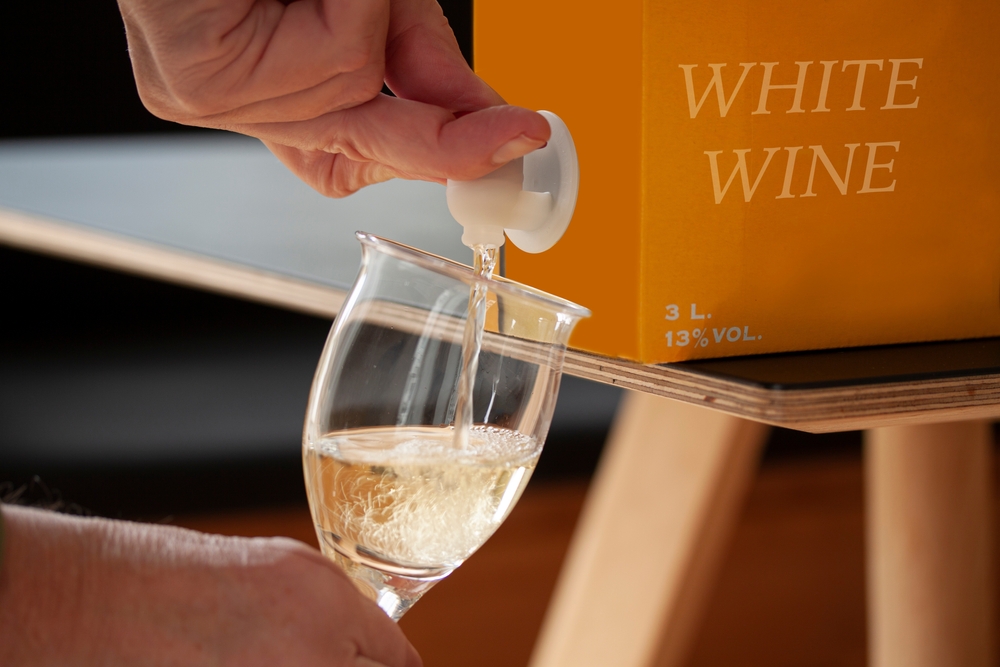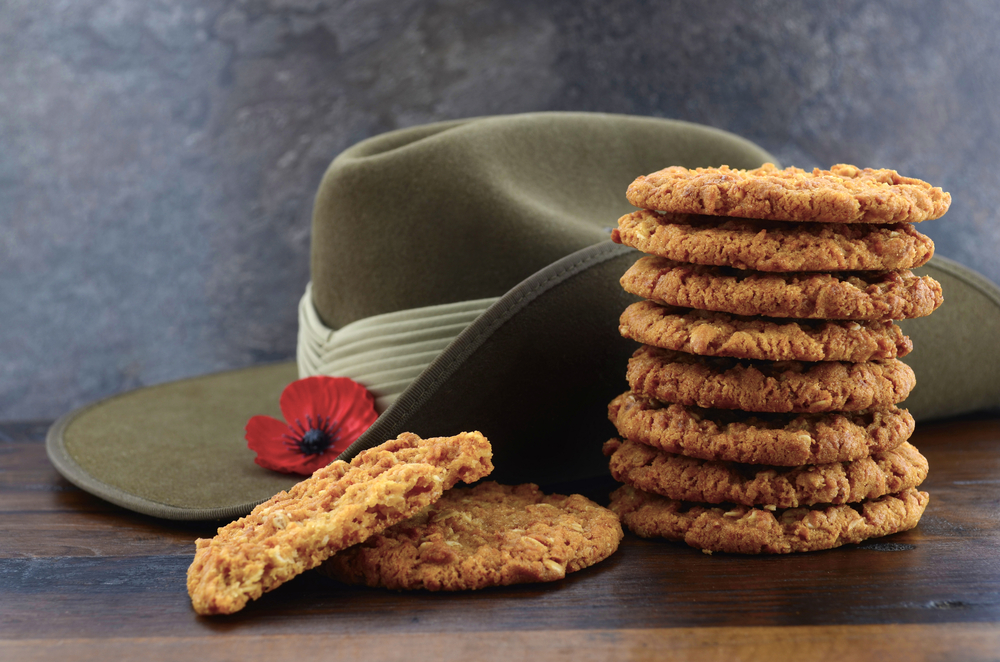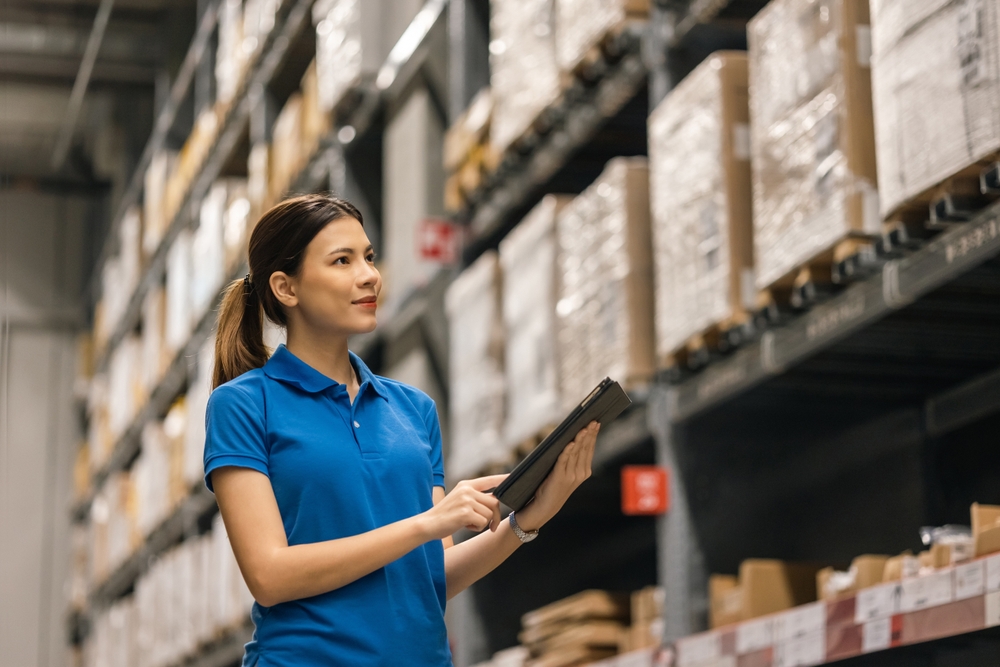Cask wine, sometimes called boxed wine but lovingly known to connoisseurs as goon, is not only better for your bank balance but could also help save the planet.
Glass bottles, the vintner’s receptacle of choice for millennia, are responsible for the majority of greenhouse gas emissions in the wine-making process.
Swapping to alternative packaging such as aluminium cans, flat plastic bottles and even goon sacks could more than halve wine’s carbon footprint.
A single glass wine bottle generates 1.25kg of carbon dioxide and their production and transport makes up more than two thirds of the industry’s total carbon output, researchers from the University of South Australia and the University of Adelaide have found.
“The vast majority of carbon that we see in the winemaking process is actually tied to the bottle,” lead researcher Jakob Mesidis told AAP.
“Winemaking is actually a pretty eco-friendly industry – a lot of the carbon it produces it also sequesters. We’re farming so we’re planting new vines, they’re taking carbon out of the air.
“If we could find another way to tackle the (bottling) process, we’d be looking at a much more carbon-efficient wine industry.”
Furnaces require a significant amount of energy and fuel to heat glass up to temperatures where it can be forged into bottles.
The heavy weight and inefficient shape of glass bottles mean they take up more space and expend more fuel in transportation.
“So we’ve got more ships doing more trips, which produces more CO2 because they’re consuming more fuel to move them around,” Mr Mesidis said.
By contrast, wine boxes, cans and flat plastic bottles are lighter and more stackable, significantly reducing transport costs.
Mr Mesidis said people overestimated the ease with which glass bottles were recycled, leading to unrealistic expectations about their eco credentials.
Melting glass down again adds a significant amount of carbon into the atmosphere, and that’s only if it gets recycled in the first place.
Because each type of glass has to be recycled separately, it is often easier for companies to send it straight to landfill instead, Mr Mesidis said.
Alternatives like cask wine and Tetra Pak – the material used for juice boxes – do have their disadvantages in that their interior plastic lining can’t be recycled.
“But generally all of these (alternative) packages do pretty well (for recycling),” Mr Mesidis said.
A survey of 1200 Australians found the most-preferred alternative packages were cask wine and flat plastic bottles but consumers still favoured glass bottles, which are associated with tradition and prestige.
Overseas markets are generally less receptive of boxed wine than Australians, who have more familiarity with the format.
It is, after all, an Australian invention, patented by South Australian winemaker Thomas Angove in 1964.
“The next challenge is to figure out how do we get industry to give alternative wine packaging a bit more of a chance rather than just putting the onus on the consumer,” Mr Mesidis said.
Some producers, especially smaller, less traditional wineries with a younger consumer base, are already turning away from conventional glass formats.
Victorian-based Hey Tomorrow and Gonzo Vino sell locally-produced, independent wines in eye-catching designer goon boxes that would not look out of place in a Fitzroy North natural wine bar.
“I feel like we’ve had lots of good feedback on the way that the boxes look,” Hey Tomorrow co-founder Sacha Imrie said.
“The attention to detail on the boxes just shows you the level of detail that’s in the wines and they’ve got a kind of sophisticated feel to them as well.”
Seeing the Black Summer bushfires and the effects of climate change become more apparent every year motivated Ms Imrie to try and minimise wine’s carbon footprint.
Hey Tomorrow claims its customers have saved the carbon equivalent of burning 3362kg of coal and prevented more than 2000kg of glass bottles from ending up in landfill.
The only thing standing in cask wine’s way is its reputation – it has no negative impact on taste and actually increases the product’s shelf life.
Better awareness of its environmental credentials could be the key to cementing Chateau de Cardboard as a mainstay of top-end cellars across the country.
“I’m calling on Australian consumers to give it a crack because they might be surprised by how much they like it,” Mr Mesidis said.
Jacob Shteyman
(Australian Associated Press)






